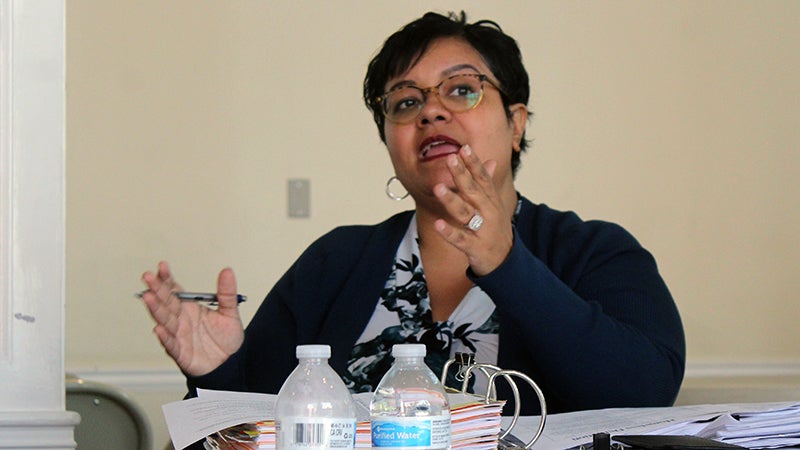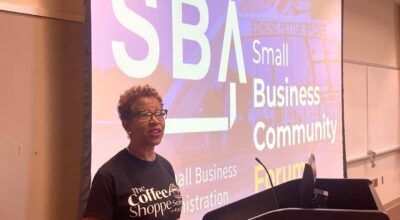Selma’s homelessness coalition looks at data, solutions
Published 5:14 pm Friday, September 20, 2019
Selma’s anti-homelessness coalition, born out of a partnership between the Alabama Rural Coalition for the Homeless (ARCH) and the Selma Center for Nonviolence, Truth and Reconciliation (SCNTR), with the support of concerned citizens, met Friday to take another step toward providing better service to those experiencing homelessness in the area.
ARCH Executive Director Felicia Jackson opened the meeting by examining data on the number of people in Dallas County seeking assistance between Aug. 20 and Sept. 19, during which ARCH received 55 calls for assistance.
Of those 55 calls, seven were from people living in temporary housing, such as a hotel, six were living in public housing but needed assistance paying for utilities, three were living in vehicles, 11 were staying at a friend or family member’s home and more than 20 were facing eviction.
Jackson noted that the informal coalition has had some success in getting landlords on board with the effort, though many have balked at the notion since payment from organizations like ARCH are not immediate.
On hand for the meeting was Dallas County Family Resource Center (DCFRC) Executive Director James Thomas, who told the story of one family in need of assistance as a way of relating the difficulty faced by support organizations in assisting people.
Thomas wove a tragic tale of a family that hitchhiked from Cleveland to live with family in the area, but soon found themselves being exploited for benefits by the very family members they intended to board with.
The couple contacted DCFRC, which set them up with a hotel room, but ran into trouble after an altercation with the hotel management – police were called to the scene and, although Thomas attempted to remedy the situation, the couple was asked to leave.
Thomas then sought assistance for the couple from the Edmundite Missions, which was able to provide a hotel room for the night, and found another hotel room for them until Monday, at which point Thomas hopes that suitable housing can be acquired.
Along the way, Thomas sought assistance from the Selma Area Food Bank (SAFB) and Blue Jean Church, all on behalf of one client.
“Not every case is this difficult, but we do see it now and again,” Thomas said. “It’s common for these people to be angry about their situation and they do get attacked a lot and it’s unwarranted.”
Jackson agreed.
“Although we had 55 calls in a month, we can see how one case might require eight hours and dozens of calls,” Jackson said.
The group also celebrated the fact that the Selma Housing Authority (SHA) is now prioritizing homeless cases and a handful of local property owners, including Cornerstone Apartments and Frazer Properties, have signed on to help out.
“That is phenomenal,” Jackson said of the SHA’s support. “At this point, they are so far ahead of the game in terms of public housing.”
The group also discussed ongoing efforts to bring in grant funding for the project, though many worried that the federal government is currently unwilling to “extending its purse strings” to help the homeless.
Further, the group discussed barriers that block homeless people from accessing housing, specifically a criminal record – those who have been charged with drug manufacturing or a sexual offense are often barred from many areas.
According to Timfreit Drane, himself a former criminal and drug user, noted that people deserve an opportunity to better themselves.
“They’re trying to get out of that [criminal] mindset,” Drane said. “Society is structured to push them back into that mindset. I heavily advocate second chances.”
Another concern the group is facing is the fact that many resource providers in the area, despite being contacted by members of the coalition, have not added their organizations to the list of resources available through 211, a phone line dedicated to helping those in need find resources.
“We still have a major gap there,” Jackson said.






